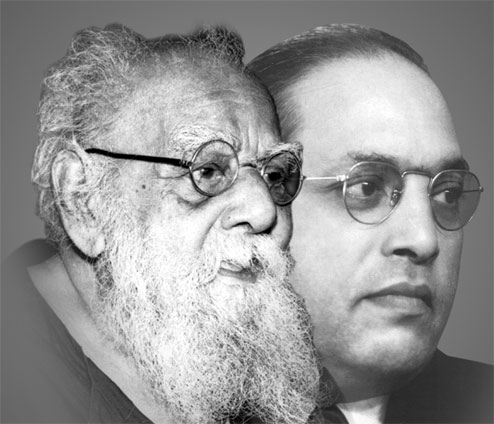I’ve had a great 2016 so far. So since it is the last month of the year, I thought I’d say my thanks to a great year that’s going to end in about four weeks, and also resolve to make the next year just as great (to use a Donald Trump exclamation), if not better.
Where does one begin?
The year has been quite the success story for me, both personally and professionally. I managed to get on a good exercise regimen that has resulted in me losing weight to the tune of 20 kilograms since January, and this fitness phase won’t stop anytime soon.
I have managed to discover myself too and this has helped me overcome many personal challenges –including the age-old one about motivation during an intense fitness regimen. I travelled quite extensively, and during my travels, learned to weave silk, make salt out of sea water and to dry and cure fish for preservation, apart from learning a lot about the diversity among the people of South India.
Staying on the theme of personal discovery, 2016 has given me many insights into myself that I was able to use everyday at office and in relationships with friends and family. The books I read, the films I watched, the blogs and YouTube accounts I followed, have all played a role in my year, and I’d like to say a word of thanks to them all — though some of those authors and directors are dead and some of the bloggers and YouTubers are anonymous. My thanks goes out to you all.
In my career, suffice to say I have made great strides and continue to do so. I want to thank everyone that made this growth possible.
Looking ahead, I hope I can make the next year even better. It’s time to be positive and get things done, rather than be pessimistic and procrastinate. The next year, for me, is about maintaining the momentum of 2016 and learning new things, visiting new places and meeting new people.
I thought I’d share some pictures from my 2016 too, as a document recording some events from this fabulous year
